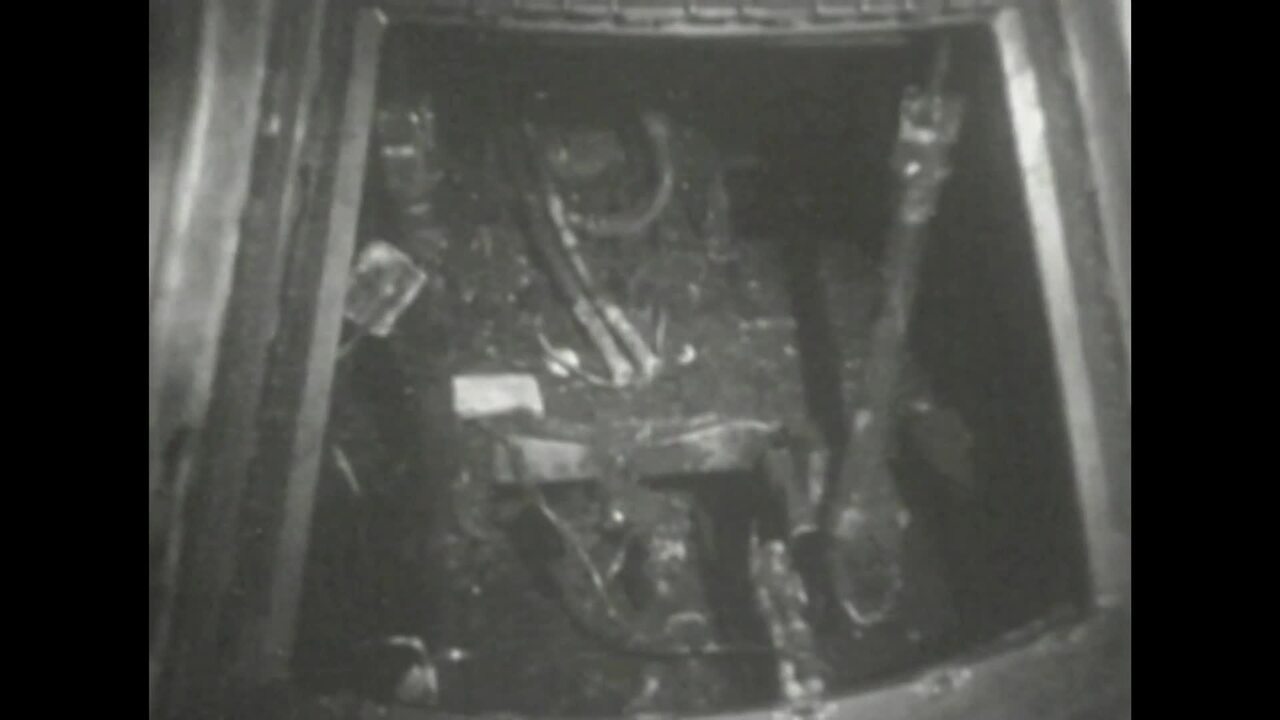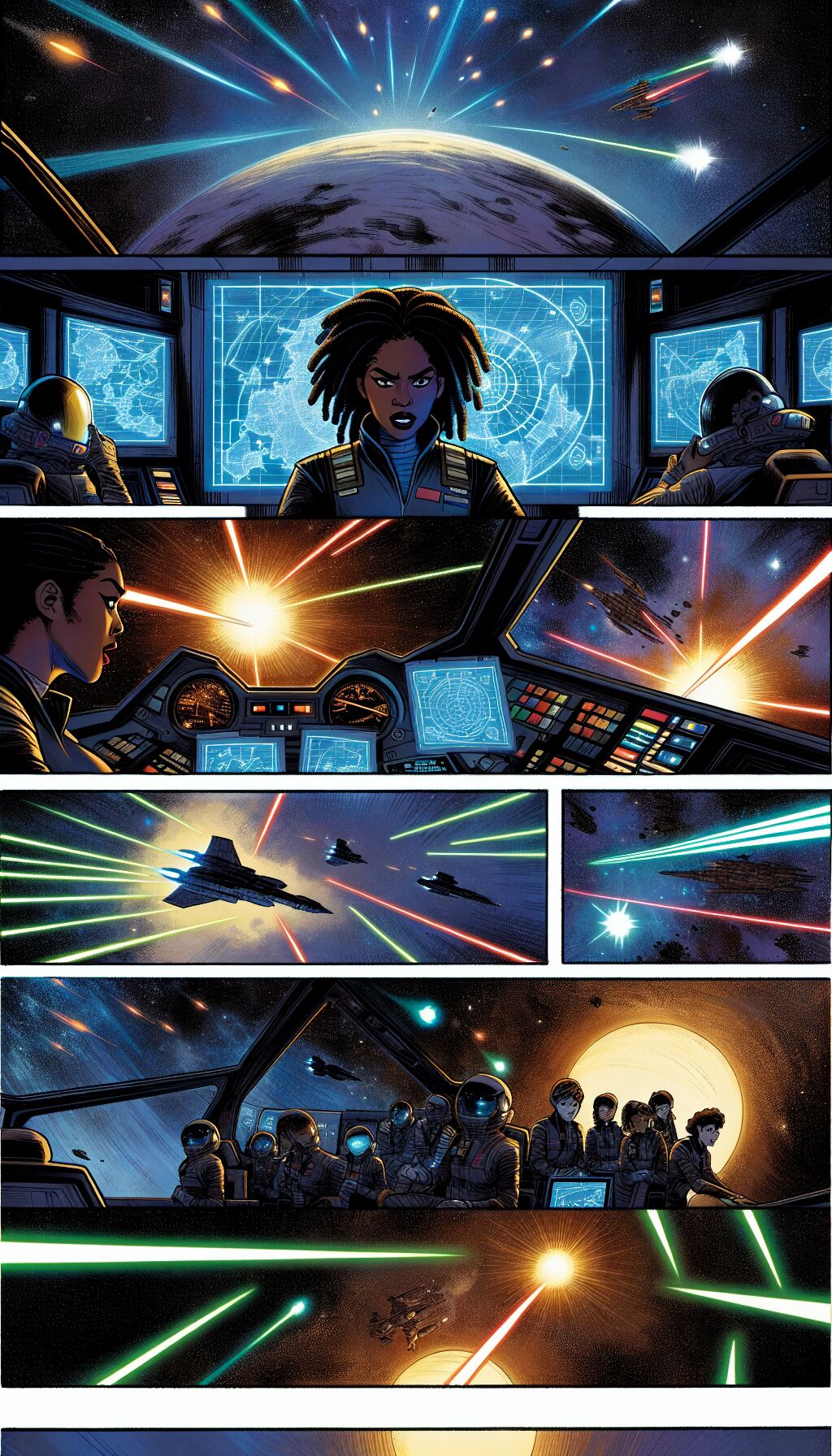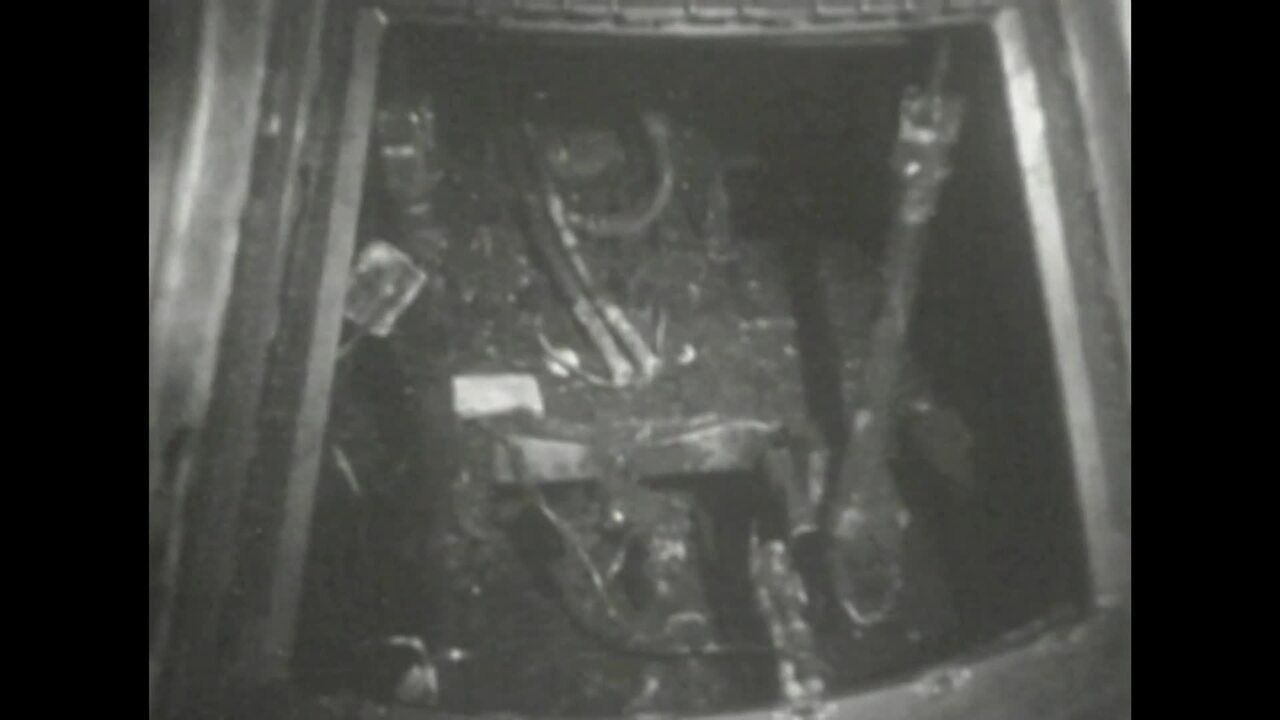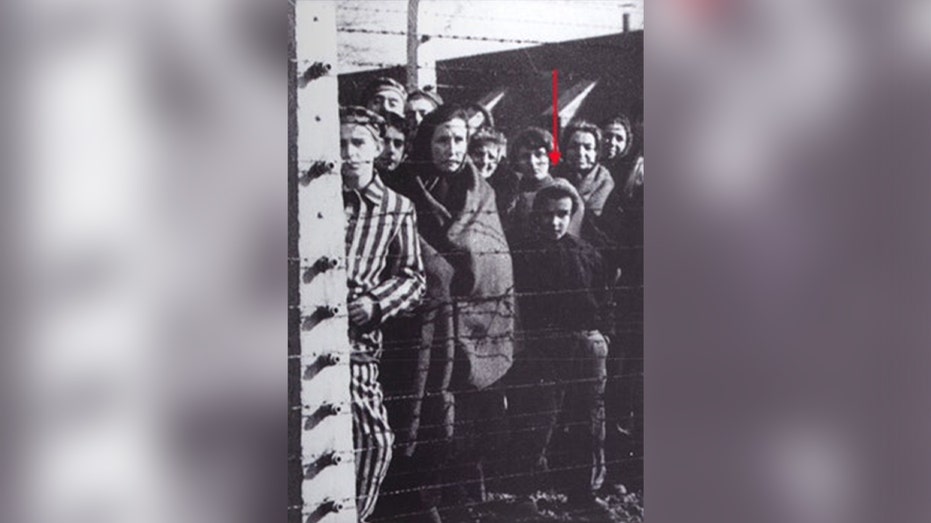
The Horowitz Family: A Journey Through Darkness and Resilience
A poignant film captures a powerful scene: a group of children exiting the infamous Auschwitz concentration camp, escorted by nuns. Amidst them stands Regina Horowitz, a mother whose heart races as she recognizes her young son, Ryszard. In an emotional moment, she pleads with the cameraman to ensure that the footage of her child is preserved.
Commemorating Survival
As the world marks the 80th anniversary of the liberation of Auschwitz, the stories of the few remaining Holocaust survivors, like the Horowitz family, serve as a powerful testament to resilience and survival against the odds.
A Miraculous Reunion
In a twist of fate, Regina was directed to another address by a Kraków orphanage, leading her to a heart-stopping reunion with her five-year-old son. Both were astonished to find each other alive amidst the horrors they endured. Ryszard learned that his sister, Niusia, and grandmother had also survived, thanks in part to the intervention of the courageous German industrialist Oskar Schindler.
A Devastating Beginning
Renowned photographer Ryszard Horowitz was born on May 5, 1939, in Kraków, Poland, just months before the outbreak of World War II. The Nazi invasion of Poland in September 1939 marked the beginning of widespread devastation, particularly for the Jewish community.
“When the Germans marched into Kraków,” Ryszard recounted, “my parents initially attempted to flee. They left me with my non-Jewish nanny but soon returned with my sister, choosing to stay together as a family.” This reunion, however, was short-lived as the family was forced into the notorious ghetto of Kraków, where they faced the dehumanizing and oppressive segregation laws imposed by the Nazis. Life in the ghetto was characterized by fear, scarcity, and relentless persecution.
Moments of Joy Amid Horror
Despite the bleakness, there were fleeting moments of joy. Three-year-old Ryszard celebrated his birthday, sharing a rare and precious occasion with older boy Roman Liebling—later known as filmmaker Roman Polanski. Regina managed to gather enough resources to provide hot chocolate for the children, a rare luxury during such dire times.
The Horrors of Plaszow
As the war progressed, the Kraków ghetto was liquidated in 1943, and the Horowitz family was transported to Plaszow concentration camp, notorious for its brutal conditions under the sadistic commander Amon Göth. Ryszard described the atmosphere: “He shot people at will, creating an atmosphere of constant fear.”
Göth often hosted extravagant parties at his villa with notable attendees, including Schindler, who used his connections to employ Jewish laborers in a factory producing goods for the German army—among them, the Horowitz family.
Schindler’s List: A Lifeline
In 1944, as the Nazis sought to erase evidence of their atrocities, Schindler arranged for the transfer of his Jewish workers to a factory in Brünnlitz, Czechoslovakia—forever etched in history as “Schindler’s List.” Ryszard’s name was fortunately included, but his youth initially left him off the list. “I was too small to work,” he explained, “but somehow, I managed to get on the transport with my father.”
Tragically, Ryszard’s mother, sister, and grandmother were mistakenly sent to Auschwitz. Schindler, realizing the error, rushed to rectify the situation, securing their safe passage to Brünnlitz. However, this intervention left Ryszard and his father to grapple with the pain of being separated from the rest of their family.
Enduring Auschwitz
In Auschwitz, Ryszard faced horrors unimaginable to most. He was fortunate to escape being tattooed as a prisoner, a fate that would signal near-certain death for many. After Ryszard’s father was forcibly marched to another camp, a kind stranger named Roman Gunz took it upon himself to hide and feed the young boy, aiding his survival until the Red Army arrived in January 1945.
The day of liberation remains etched in Ryszard’s memory: “The Germans attempted to gather the children for execution, but their plans were thwarted when officers ordered a hasty retreat. Later that day, Soviet troops entered the camp, bringing us food and sweets,” he recalled.
A New Beginning
Nuns soon arrived to care for the orphaned children, bringing Ryszard to Kraków, where he was recognized by Polanski’s aunt, who took him into her home. In a miraculous turn, Ryszard reunited with his mother, sister, and grandmother in March 1945, after their liberation from Brünnlitz. The reunion occurred in part due to Regina spotting Ryszard in a film documenting the liberation of Auschwitz, which was being screened in Kraków.
Legacy of the Holocaust
The experiences of the Horowitz family exemplify the cutting legacy of the Holocaust and the enduring human spirit. Ryszard Horowitz, now a renowned photographer, embodies the strength of those who still bear the scars of these memories while resisting the forces of forgetting.
Their story is a reminder not only of the profound horrors faced but also of the love that can endure amidst chaos and despair. As the world reflects on the 80th anniversary of Auschwitz’s liberation, the stories of survival, resilience, and hope remain ever important in our collective memory.


















